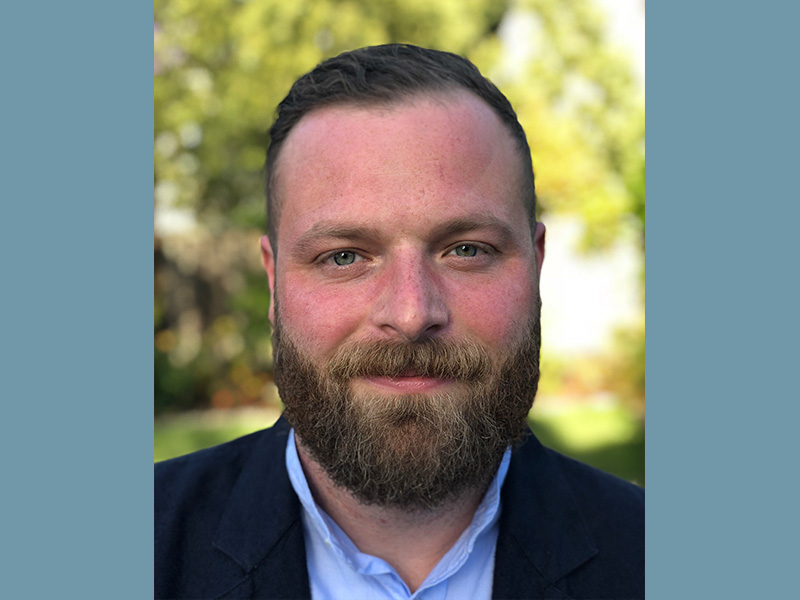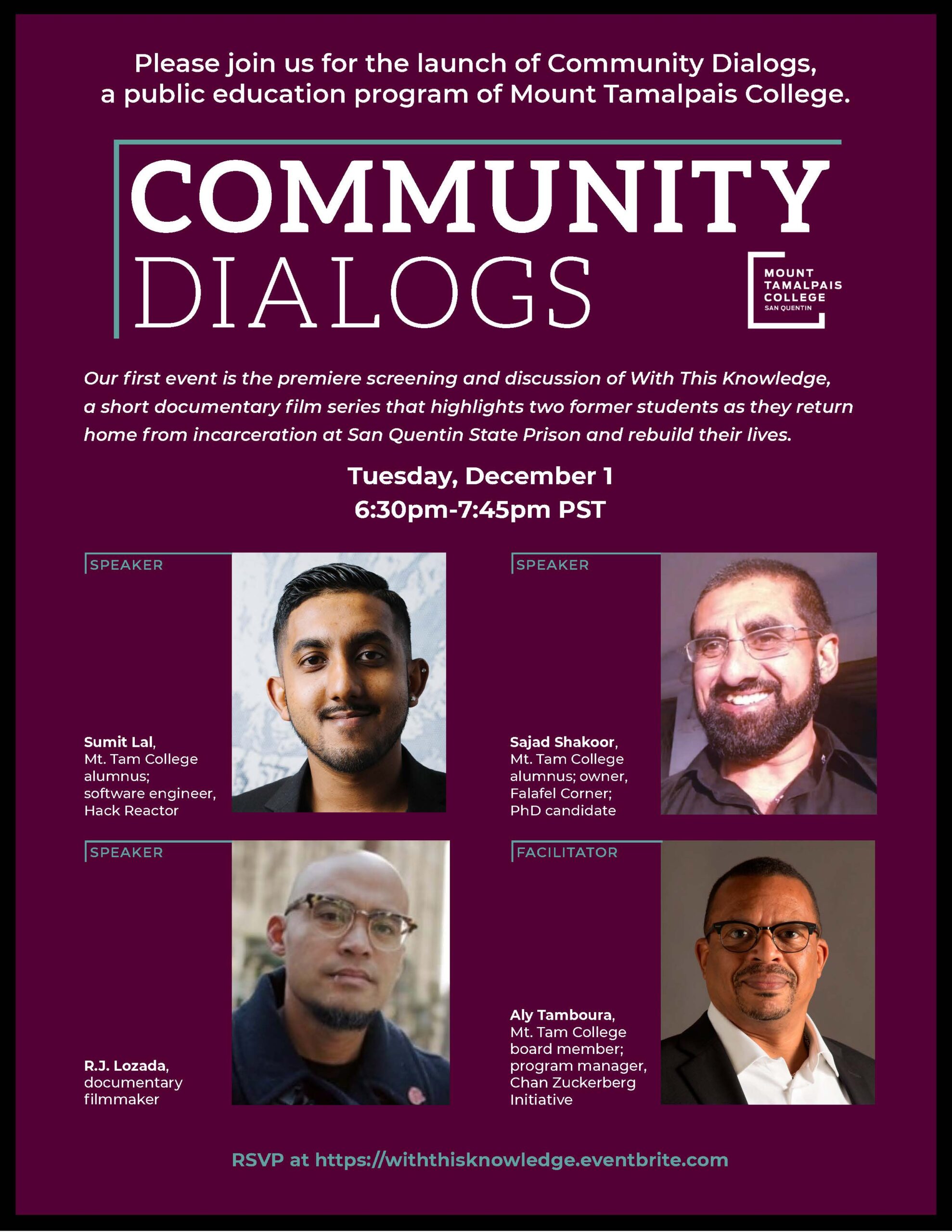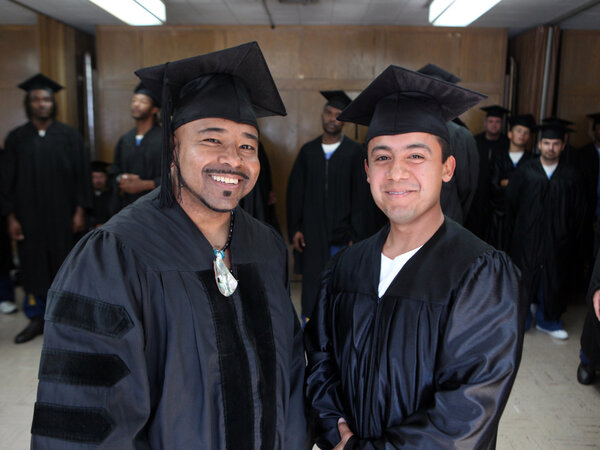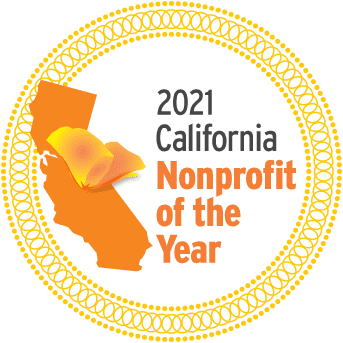
In April 2023, MTC staff had the opportunity to ask donor Vishal Saluja, Managing Partner at Indico Capital, about what motivates his investment in the College. Vishal shared his thoughts about his experience as a math tutor, the impact he was able to have with his investment, and his pragmatic and personal reasons for becoming an MTC donor.
You’ve invested in Mount Tamalpais College and have encouraged others to invest. What motivates you?
Everyone I dealt with at Mt. Tam College was very committed, and caring about the mission. You could pick up very clearly that the staff was very heavily invested in the community for the long run. Education is a basic necessity, but it becomes almost a privilege in a prison setting. MTC’s work provides a basic building block that is absolutely necessary for improving the lives of inmates – it builds confidence, improves core skills, and fosters a more positive self-image for inmates.
You spoke of the staff’s fidelity to the mission. How does the mission of the College connect to you personally?
It’s two elements. For me, education is what matters most, as it is what ultimately creates opportunities at all levels of society. I grew up in a culture that emphasized academics. Hence, I view the ability to give through education as a top priority. The second element relates to helping those that are the most needy–a lot of the students at Mt. Tam College are very socioeconomically disadvantaged. Being able to make that connection between education and the most needy is very powerful for me personally.
Tell me about your experience as a math tutor for the College.
Being a tutor was an incredibly rewarding experience–you have to give a lot of yourself, and in return, you really feel like you helped someone. On both those fronts, I found my experience in tutoring over two-quarters something that really felt very good for me.
Specific to my situation, I had a student who had perennially failed algebra, who had a lot of bluster but very low self-confidence with math, and was on the verge of giving up. I knew I was going to help this person get over this hump. He put in tremendous effort, saw the results come through, and subsequently requested that I tutor him through the next quarter so that he could finally finish his entire mathematics requirement. Helping someone accomplish what was a seemingly insurmountable task for them was deeply gratifying.
You’ve helped raise money from friends or colleagues. What do you tell people about Mt. Tam College to convince them to invest in this organization?
My first gift was during COVID. San Quentin inmates were suffering disproportionately from the COVID epidemic, and providing care packages through Mt Tam College was an easy way to help. More recently, I spearheaded Mt. Tam’s effort to fund an onsite computer lab–this was a discrete project that required capital for 70-80 computers and peripherals, with a goal of enabling every student to have a dedicated computer for their academic work. I underwrote the anchor gift, and raised funds from friends and family, getting 10-15 additional people to contribute. Last fall, a group of us donors visited the computer lab and we were thrilled to see a room full of students deeply engaged on new computers working on their assignments.
Any final thoughts to share?
My charitable work through Mt Tam has allowed me to build a bond with a community that is far removed from my everyday existence. Helping San Quentin inmates, even in the smallest of ways, has been a way to build perspective, humility, and gratitude in my own life. That is a real gift.









